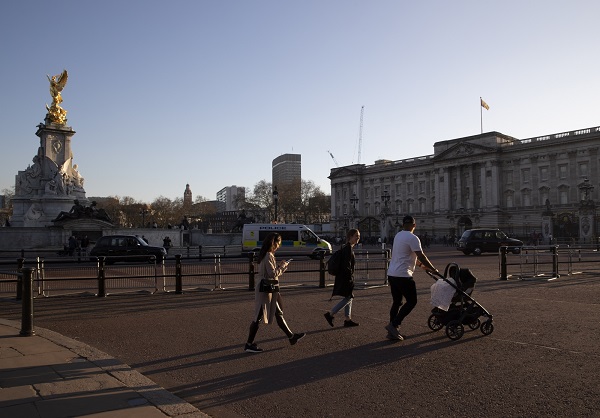
London, (Samajweekly) The death rate linked to extreme temperatures will increase significantly if global warming exceeds 2 degrees Celsius, warns a report.
“At current global warming levels of around 1.21 degrees C, we see a slight decrease in temperature-related mortality in winter and a minimal net effect in summer, meaning that overall, at this level of warming we see a slight decrease in temperature-related mortality rate,” said researchers from University College London and the University of Reading.
In the paper, published in Environmental Research Letters, the team examined the impact of climate change on temperature-related mortality rates in England and Wales, focusing on the risk from heat in summer and cold in winter.
They found that as the global mean temperature increases, temperature-related mortality in summer will increase at a much faster, non-linear rate.
The rate of increase particularly speeds up at 2 degrees C of warming, with a much higher risk appearing beyond 2.5 degrees C.
The researchers warned that 3 degrees C warming could lead to a 75 per cent increase in mortality risk during heatwaves.
When plotted on a graph, the relationship between temperature and mortality is roughly u-shaped, meaning that at extremely high temperatures, which the population is not used to, the mortality risk increases sharply for each degree rise of daily mean temperature.
“The increase in mortality risk under current warming levels is mainly notable during heatwaves, but with further warming, we would see risk rise on average summer days in addition to escalating risks during heatwaves,” said lead author Dr Katty Huang from UCL.
In England and Wales, temperature is associated with around 9 per cent of total population mortality, meaning that 9 per cent of all deaths during 2021 could be associated with the temperature. Most of those deaths are related to the side effects of cold weather.
The recent Intergovernmental Panel on Climate Change impacts report showed that it is increasingly common to examine how different levels of mean global warming raise the risk of significant harm to people and society.
“Our study shows that because death rates will go up significantly if countries experience very high temperatures, limiting the average global rise in temperatures is likely to have substantial benefits for the overall health of the population,” said Professor Andrew Charlton-Perez frim University of Reading.









